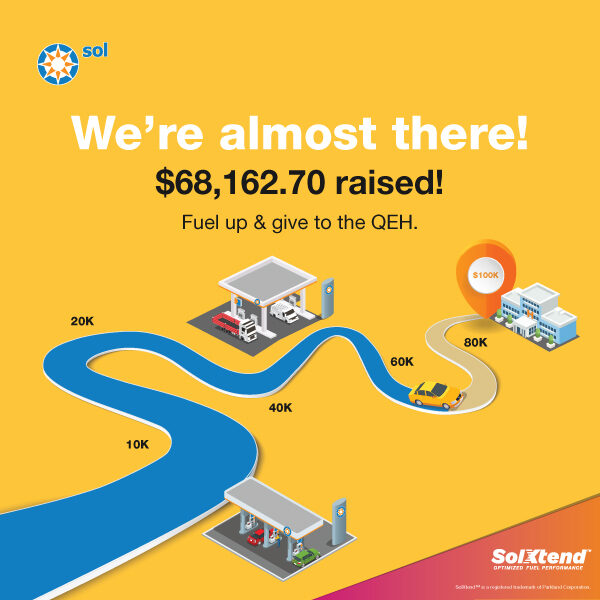A Democratic Labour Party (Dlp) Government would lower value added tax (VAT), keep the Transport Board as a State entity, bring anti-gang legislation and ensure there is a republican constitution.
That is all according to its president, Leader of the Opposition Ralph Thorne, who was speaking on Starcom Network’s radio call-in programme Down To Brass Tacks recently while fielding questions from moderator David Ellis and members of the public.
Thorne said while Government was touting the debt to gross domestic product (GDP) ratio, that meant nothing in relation to the cost of living and the struggles of Barbadians.
“Debt to GDP ratio bears no relationship to the children in this country who are not getting breakfast on mornings, and if they go to school, they’re teachers who are having to bring breakfast to school for them. Debt to GDP ratio means very little to a lot of self-employed people whose incomes have diminished.
“Debt to GDP ratio means very little to a taxi service which is about to endure a severe crisis. You have Uber being invited into this country by a Government to undermine the taxi industry. Here is a Government that legislated for an increase in taxi fares and a few months after that legislation – and I commended the legislation at the time – you bring Uber into this country, and the Attorney General has boasted in Parliament last week that 400 have signed up,” he stated.
“Four hundred have signed up because of a loss of confidence in self. Because maybe they feel, well, look, if in this new arrangement I can get $75 instead of $100, I’m going to take the chance and get $75,” he added.
The Member of Parliament for Christ Church South said while it was fine to talk about macro issues, “at the very micro level in this country, people are not doing well”.
Thorne occupied most of the four-hour programme that dealt with the party’s readiness to lead the country, high-profile departures under his leadership, the candidate selection process and the DLP versus BLP philosophy.
Responding to Ellis on the series of downgrades during the DLP’s 2008-2018 term in office and its readiness, he said that to reverse that, the proposal was a reduction in VAT, something the Government promised but never delivered.
“It will alleviate the suffering of people, it will give them greater spending power, and you will have more money circulating in the economy and therefore stimulate the economy. This question of growth that is occurring only at macro levels and high levels, growth will become a phenomenon at the lower levels,” he suggested.
The DLP political leader said that in every debate in the House of Assembly and Senate on the economy, his members had spoken extensively.
“I have previously said that we have reached a stage in Barbados where the Government is defining its economic performance or is defining the economy according to this phraseology, debt to GDP ratio.
“We are living in a country in which, for the first three quarters of this year, the Central Bank has told the people in Barbados that they are living in an economy which is healthy. In fact, the term the Government uses is buoyant, that they’re living in a buoyant economy,” Thorne said, while offering to take the moderator on a tour of Swan Street in The City to show what the real economy was about.
The DLP was aiming to grow the economy not at the level of the elite but among poor and middle-income people, he stressed.
“We have a team of economists. As you would imagine, everybody thinks we’re on the cusp of an election and nobody’s going to catch us without these firm proposals . . . ,” Thorne said.
In explaining the difference between the two parties, Thorne, who crossed the floor of Parliament in February last year and became Opposition Leader, said the DLP practised social democracy and committed social services in a mixed economy, the public sector and the private sector, and it undermined neither.
Of the proposed privatisation of the Transport Board, he said it had served the country well and the proposal reflected the old image of the Barbados Labour Party Government – of which he was once a member – as for the rich, which was resurfacing.
“It is a commitment on the part of a Government to render assistance, to give service to people who could not ordinarily afford that service. Money spent on a social service, and transport in this case, is returned into the economy because you are moving people to and from work. When you move people to work at subsidised pay, you are boosting your economy,” Thorne said, adding that it was not-for- profit enterprise.
A privatised bus service would mean fares as high as $10 to make a profit, he estimated.







BIM is designed for the Highfliers.